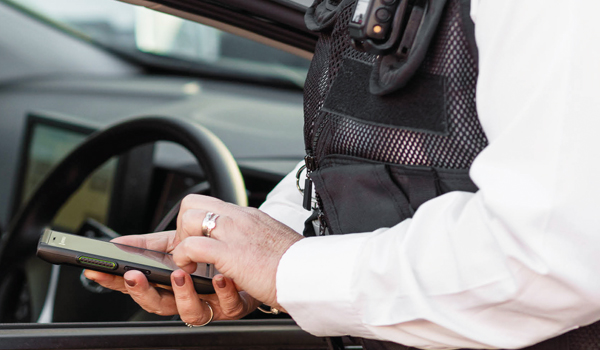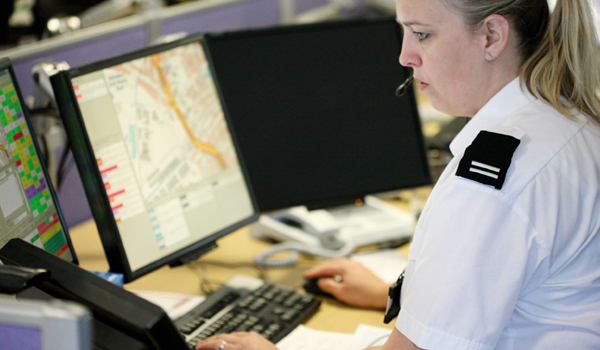Game on
On the eve of the Olympic Games, Joanne Taylor argues that only by exploiting intelligence using sophisticated analytic technology platforms will the police be able to deal with the anticipated upsurge in opportunist offending, from pickpocketing to fraud and cybercrime, that will inevitably result from the huge influx of visitors during London 2012.

On the eve of the Olympic Games, Joanne Taylor argues that only by exploiting intelligence using sophisticated analytic technology platforms will the police be able to deal with the anticipated upsurge in opportunist offending, from pickpocketing to fraud and cybercrime, that will inevitably result from the huge influx of visitors during London 2012.
The London 2012 Olympic Games are likely to be one of the largest events ever staged in the UK 205 nations are expected to take part in a total of 300 events. According to Lloyds TSB, the Olympics will generate £10 billion in revenues for the UK economy as a whole.
The Games are likely to see a massive influx of visitors into the UK with recent research revealed at the recent WTM Vision Conference, London, finding that the UK expects to receive an extra 330,000 visitors as a direct result of hosting the Olympics alone. The huge influx of visitors will bring a strong boost to the UK economy and tourism, but will inevitably result in an upsurge in all sorts of opportunist offending, from pickpocketing to fraud and cybercrime.
While the news agenda over recent months may have been dominated by talk of terrorist activity, this likely rapid increase in low-level criminal activity represents the greatest challenge facing the police during the Olympic Games.
Drawn by the promises of rich pickings on the streets of London, gangs from other parts of the UK are likely to converge on the city during the Games and play a major role in this kind of opportunist street crime. Extra resources will be on standby to help deal with the problem but this will not be sufficient in itself to manage it.
After all, how will information about North England street gangs, for example, be made available to the London police? Will they make use of spotters seconded from the North? Are police in the North going to pass on information about when and how known troublemakers are travelling to London and how they can be recognised?
The individual police officers on duty in a particular area of London are likely to change on a regular basis during the Games. If street criminals create trouble on one day, new officers coming into the area on the next day, who are likely to be unfamiliar with the processes in place, are likely to treat it as a completely new incident rather than the latest in a pattern of offending.
These problems may be intensified during the Games because the window of opportunity is so short, with repeat activity taking place much sooner than would normally be the case.
Compounding the difficulties further, there will be more people to keep informed from a range of different organisations because of the use of different forces, military personnel and private security guards.
So how can the hard-pressed UK police forces deal with all of this effectively? The key will be acting quickly to tackle outbreaks of opportunist offending and to disrupt serious, organised criminal networks.
Resourcing will inevitably be a major issue, with police in London drawing manpower from a wide array of provincial forces. If required, they may even consider bringing in extra officers from back-office functions into frontline policing. Few of the threats that surround this summers events are, however, likely to be solved by the simple step of putting more bobbies on the beat. After all, the reality is that most of these extra officers will be employed in crowd control.
The truth is that acting quickly to clamp down on the criminal threat posed by this summers events will require a more strategic approach. To effectively disrupt petty gangs and organised criminal groups alike, the police need solutions that allow them to gather large amounts of information locally and then ensure that they get fast and easy access to this locally-gained intelligence.
In addition, in order to gain easy access to data that is relevant to them, forces and intelligence agencies will need to integrate




